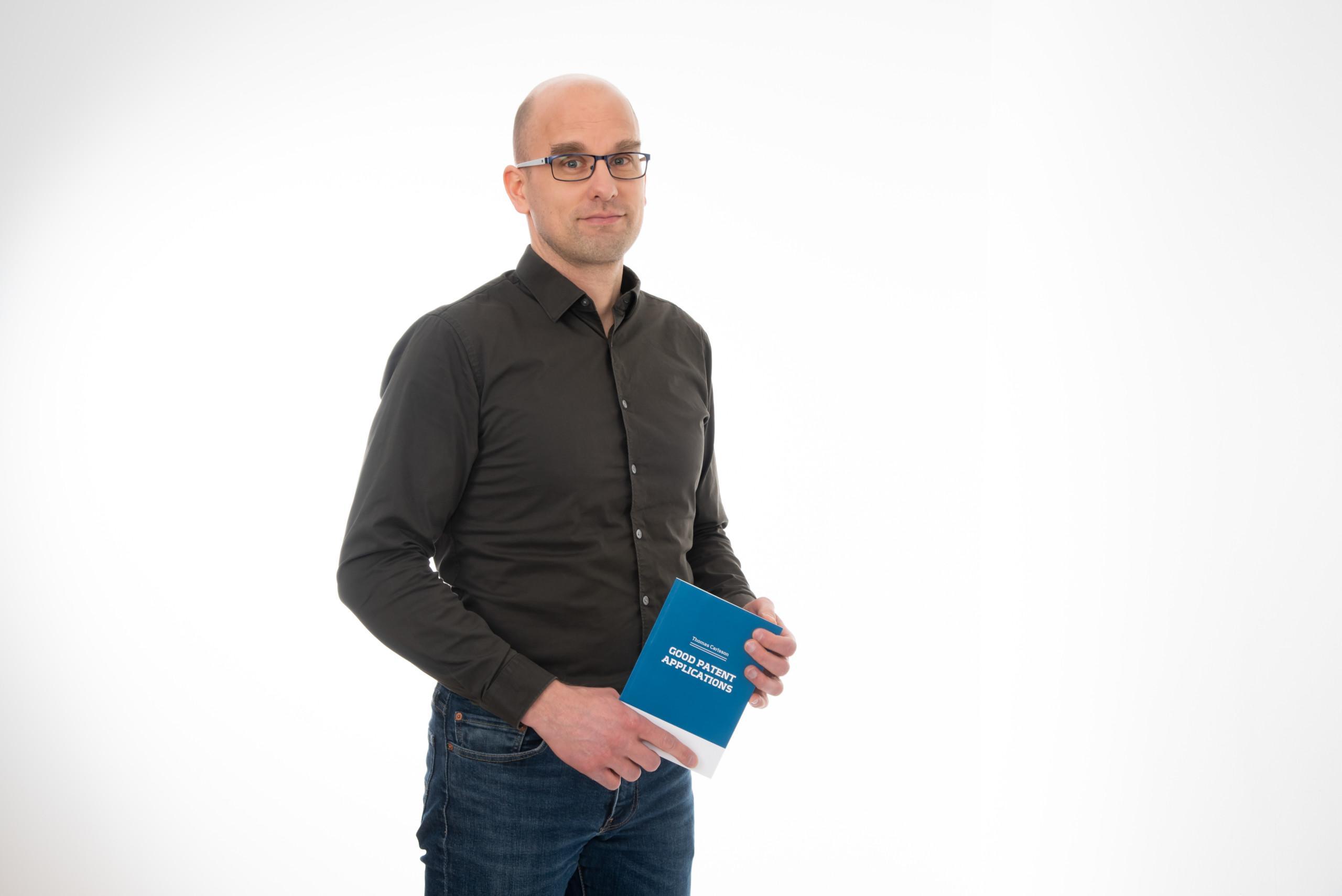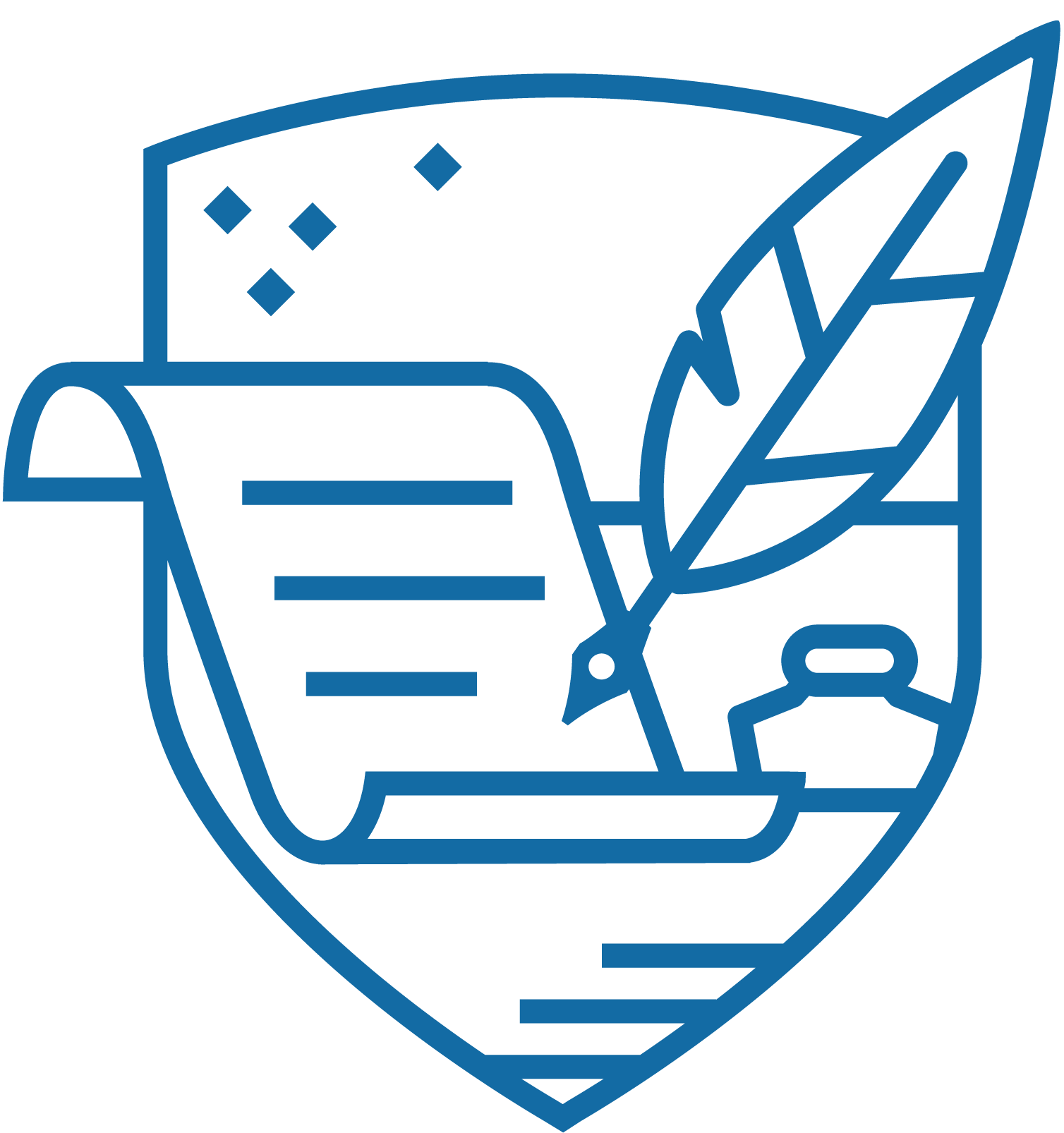A Covid-19 patent pool
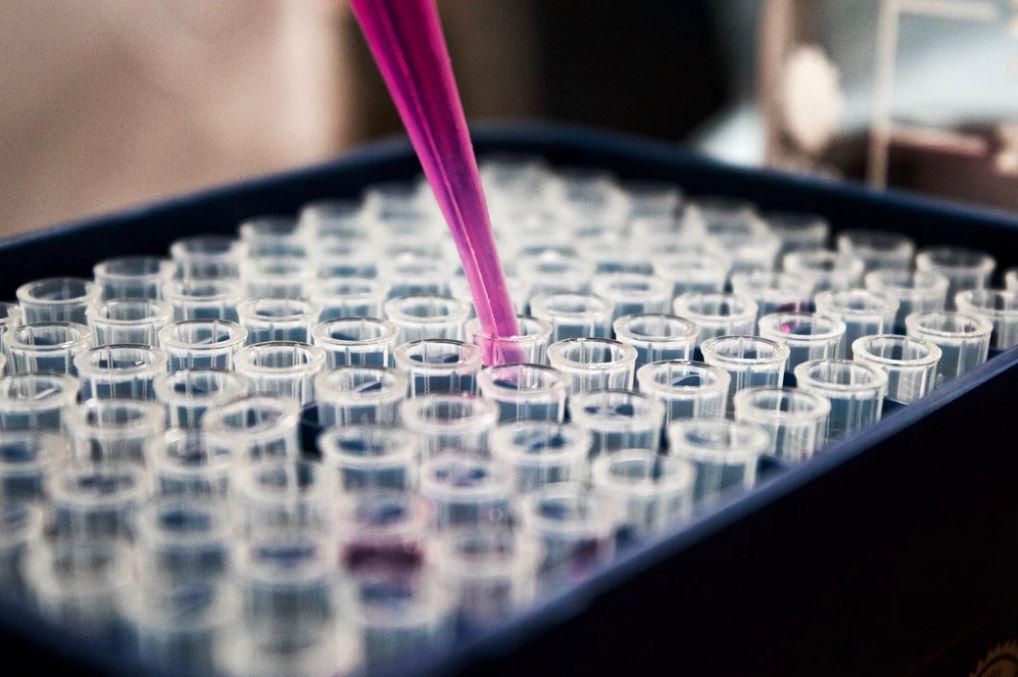
Great efforts are currently being made to discover vaccines that would be effective against the COVID-19 virus. When effective and safe vaccines have been discovered and tested, they will likely be produced on a very large scale.
Any patent rights that pertain to the components of the vaccine or the equipment needed for manufacturing them could then affect the production process. If, for example, company A owns a patent which gives it an exclusive right to produce component X in lots of countries, and if component X is in great demand due to the vaccination effort, then company A could cause harmful delays in the production of the vaccine by insisting that no one else should fabricate component X.
The World Health Organization recently proposed that a COVID-19 patent pool should be created to proactively overcome any obstacles that the vaccination effort may face from patent rights. At the present time this is just a proposal and it will presumably require a lot of debate and compromise before any formal agreement can be reached. But let’s take a look at what the proposal might mean.
A patent pool is an agreement where a group of patent holders (typically companies) agree to aggregate their exclusive patent rights in a “pool”. The pool then sells licenses to these patent rights to third parties. These licenses might cover all rights included in the pool, or any particular subset of them. Patent pools are nowadays found mostly in the field of electronic communication and electronics (although even there, their number is quite small), where their creation often goes hand in hand with technology standardization. The MPEG-2 standard is one example.
It could be very profitable to own an exclusive patent right to a piece of technology which is essential to a standardized solution: the standard will force everyone to adopt the standardized technology, so the demand for a patent license will inevitably be high and the owner of the patent could in principle freely set the price. To prevent patent owners from abusing their monopoly, standardization organizations often pose certain requirements on patent owners before a standard is finalized. Patent pooling can be one way to meet such requirements. Once a patent pool is formed around a standardized technology, developers who adopt the standardized technology do not have to negotiate a separately for a bundle of different licenses. Instead they can get everything they need from one place by signing a licensing agreement with the patent pool.
Patent pools focused on disease prevention bear some similarities to ones formed around standardized technologies. The Medicines Patent Pool backed by the United Nations has effectively expanded the worldwide availability of medicines for treating HIV, Tuberculosis and Hepatitis C in the past decade. Patent owners voluntarily agree to license their patents to the pool under certain conditions. The pool then makes licenses available to third parties, such as generic drug manufacturers, so that they can manufacture cheaper generic drugs for use in developing countries. The third parties obtain their licenses far cheaper than they would do if they negotiated directly with every patent owner. The patent owners gain royalties and positive publicity. They are also relieved of the need to exercise oversight over the licensees – the UN-administered patent pool checks qualifications before granting the license and sees to it that the terms of the licenses are followed.
The Medicines Patent Pool might provide a useful practical template for how a COVID-19 patent pool might be administered. Like any patent pool, a COVID-19 patent pool would have to be voluntary. However, the COVID-pandemic also differs so much from HIV, Tuberculosis and Hepatitis that the patent pool will face a number of entirely novel challenges.

First, while we know that vaccination is needed urgently, it is uncertain which particular vaccines will in the end be approved for production. In contrast, HIV, Tuberculosis and Hepatitis have been treated for decades, and the state of research is much more settled. Companies might be reluctant to voluntarily cede their intellectual property rights to a patent pool in these early stages if it is still uncertain whether or not those rights will actually be needed for fighting the pandemic. The COVID-19 patent pool might therefore have to be administratively linked to the vaccine development process so that the vaccine selection process can proceed hand-in-hand with the building of the patent pool.
Second, the global character of the pandemic makes the problems more complex than anything the Medicines Patent Pool has faced. Companies are presumably more reluctant to voluntarily cede their patent rights globally than to cede them only in selected developing countries, as they do in the Medicines Patent Pool. The geographical coverage of a COVID-19 patent pool may have to be weighed against its practical feasibility – would it be worthwhile to narrow the coverage of the pool if that would increase the amount of voluntary contributions? The same tradeoff may have to be considered with regard to technological coverage – instead of trying to cover every key technology relating to COVID-19 prevention, would it be more feasible to implement a voluntary patent pool only for a small number of technologies which allow cheap vaccine production in and for poor countries?
Third, the economic consequences of the pandemic could influence how much enthusiasm patent owners show for voluntarily ceding their patent rights to a common pool. Both small and big patent-owning companies face uncertain times. The patent pool would probably have a better chance of success if the necessary patent rights are owned by large companies with sufficient resources for weathering the pandemic than if they are owned by small companies struggling to survive.
And fourth, in addition to the fact that the best vaccines are still unknown, it is also unknown how effective they will be. The Medicines Patent Pool was needed because HIV, Tuberculosis and Hepatitis C proved to be difficult to eradicate (for different reasons). Companies might be reluctant to voluntarily cede their patent rights to a Covid-19 patent pool for a long time period if seems likely that the prevention efforts could be very effective and short-lived. Our knowledge of the virus and its prevention are changing so rapidly that nobody can predict what the situation will look like a year from now. In order to persuade companies to cede their patent rights, the pool may have to implement a “sunset clause” which guarantees that the rights will return to their owners when the pandemic has subsided.
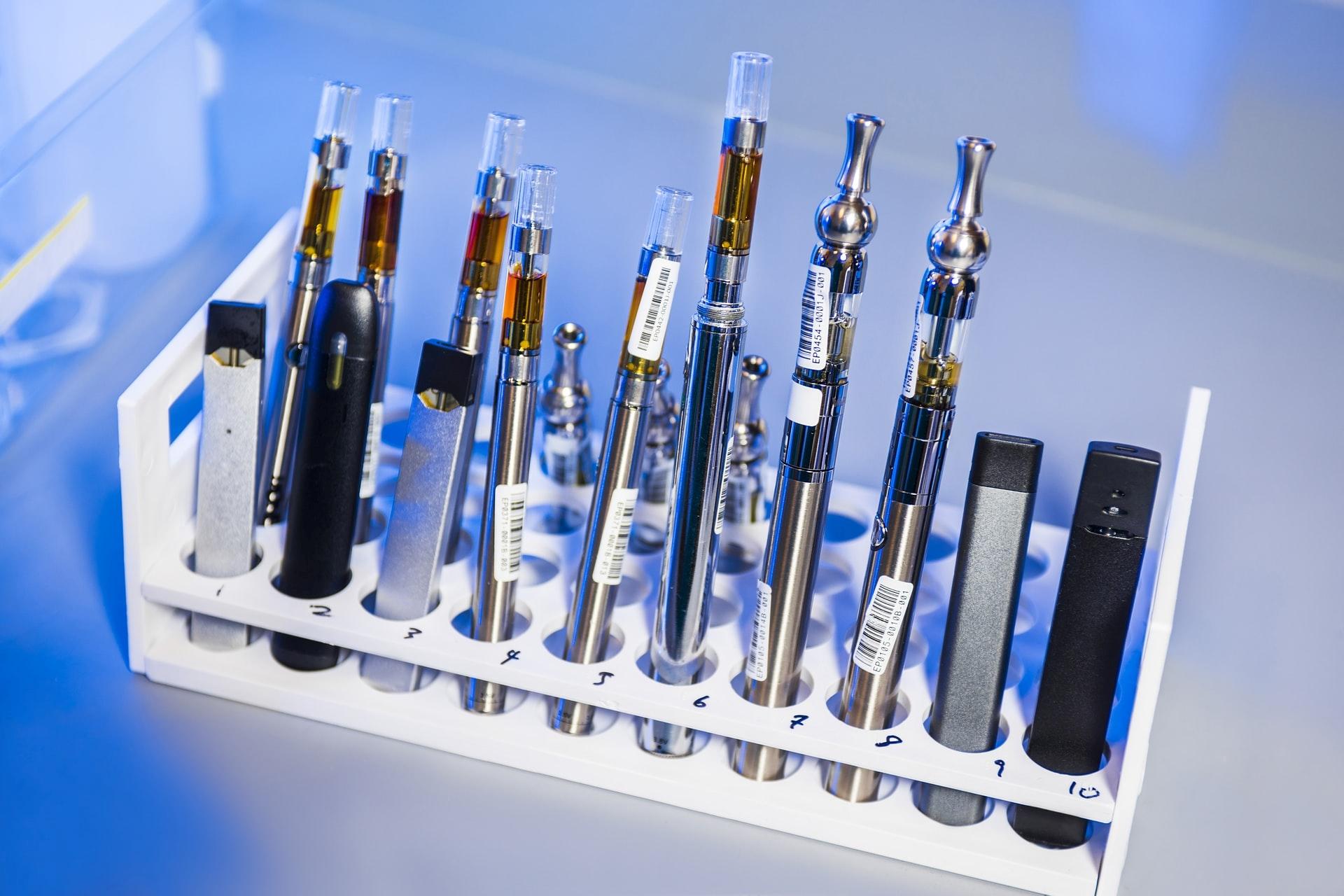
Any of the four points raised above could lead us to wonder if it would really be possible to create a voluntary COVID-19 patent pool. This leads to a bigger question: perhaps the COVID-19 patent pool should not be voluntary? Could patent rights just be revoked or temporarily suspended by government fiat? This seems unlikely in the current epidemic unless it takes a sharp turn for the worse and it becomes clear that the exclusive rights exercised by some patent owners clearly stand in the way of effective treatment.
However, the pandemic has already forced decision-makers to take harsh and rapid short-term actions to prevent the spread of the virus. Political actions in the medium and long term will hopefully involve new legislation which aims to make societies more resilient against pandemics in the future. Such legislation could include revisions to patent law as well. That is, instead of asking for voluntary contributions to a patent pool when a pandemic is already under way, governments could enact legislation which sets up a framework for a temporary suspension of patent rights in some field of technology whenever societies are threatened by a pandemic.
Such legislation would be undoubtedly be complicated and I will not here speculate on what it might include. But it is clear that this pandemic could in the long run give us reason to re-evaluate the well-known tradeoff between public and private interest in patent law: in exchange for making their inventions public (which benefits society by enabling new innovations), inventors are granted a temporary monopoly to their invention (which benefits the inventor but may harm society since it limits competition). If the lesson of the COVID-19 pandemic would be that the monopolies provided by patent rights can in some circumstances form a hindrance to quick and effective relief efforts against a global pandemic, then one way to improve the patent system might be to enact rules which suspend some patent rights for a few years when a pandemic strikes.
At the time of writing we still know very little about the rules by which a COVID-19 patent pool might be administered, about the willingness of companies to voluntarily cede their patent rights to the pool, and whether or not such a patent pool would even serve a useful purpose. But even if the COVID-19 patent pool never sees the light of day, the consequences of this pandemic could certainly in the coming years extend into patent law as well.
Latest blog articles
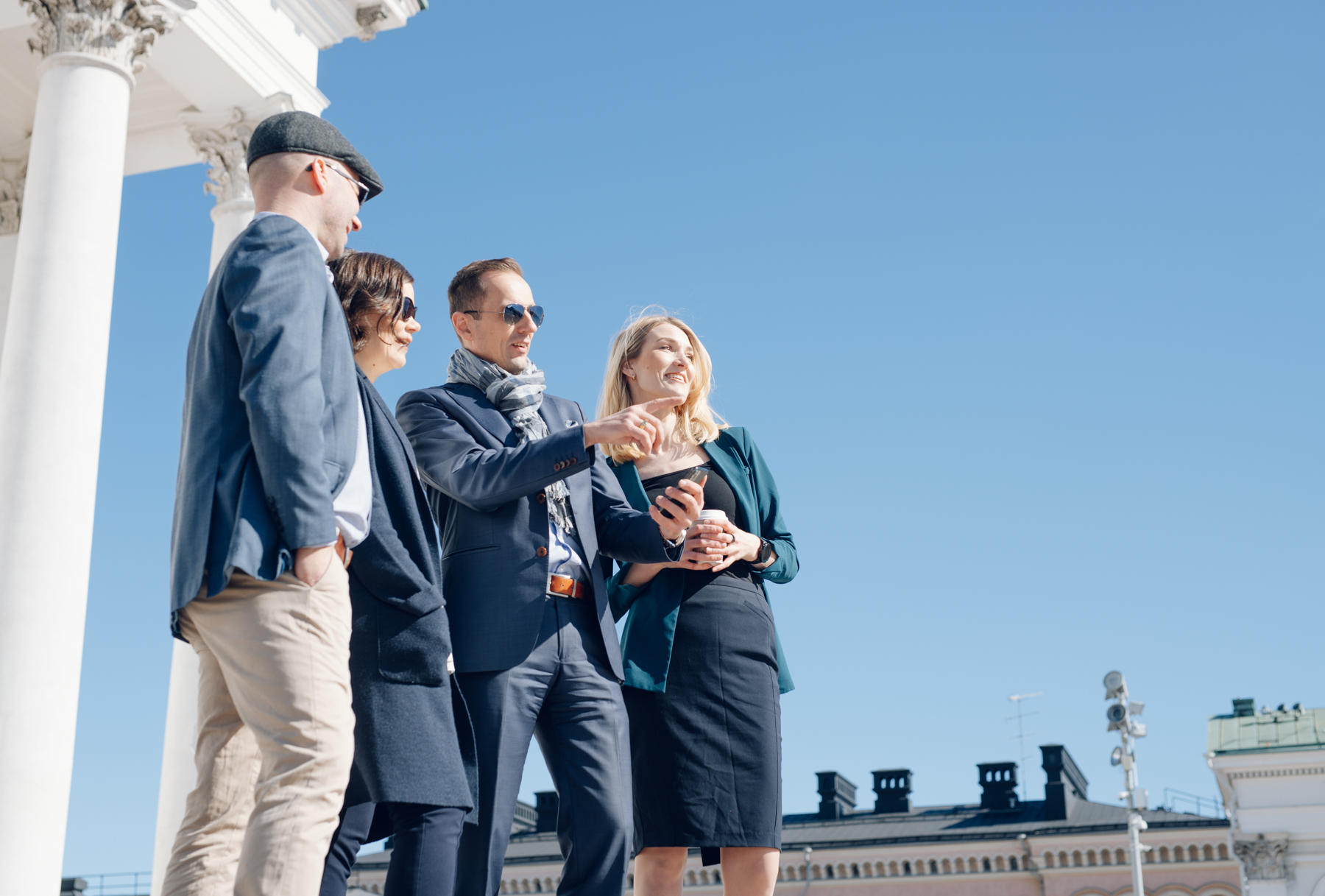
Boco IP Recognized in Financial Times – Europe’s Leading Patent Law Firms Ranking

INTA 2025 Gathered Professionals from Around the World in San Diego

Boco IP Awarded Gold in IAM Patent 1000 2025 – Recognised as Finland’s Leading Patent Prosecution Firm

Boco IP Receives Multiple Rankings in IP Stars 2025
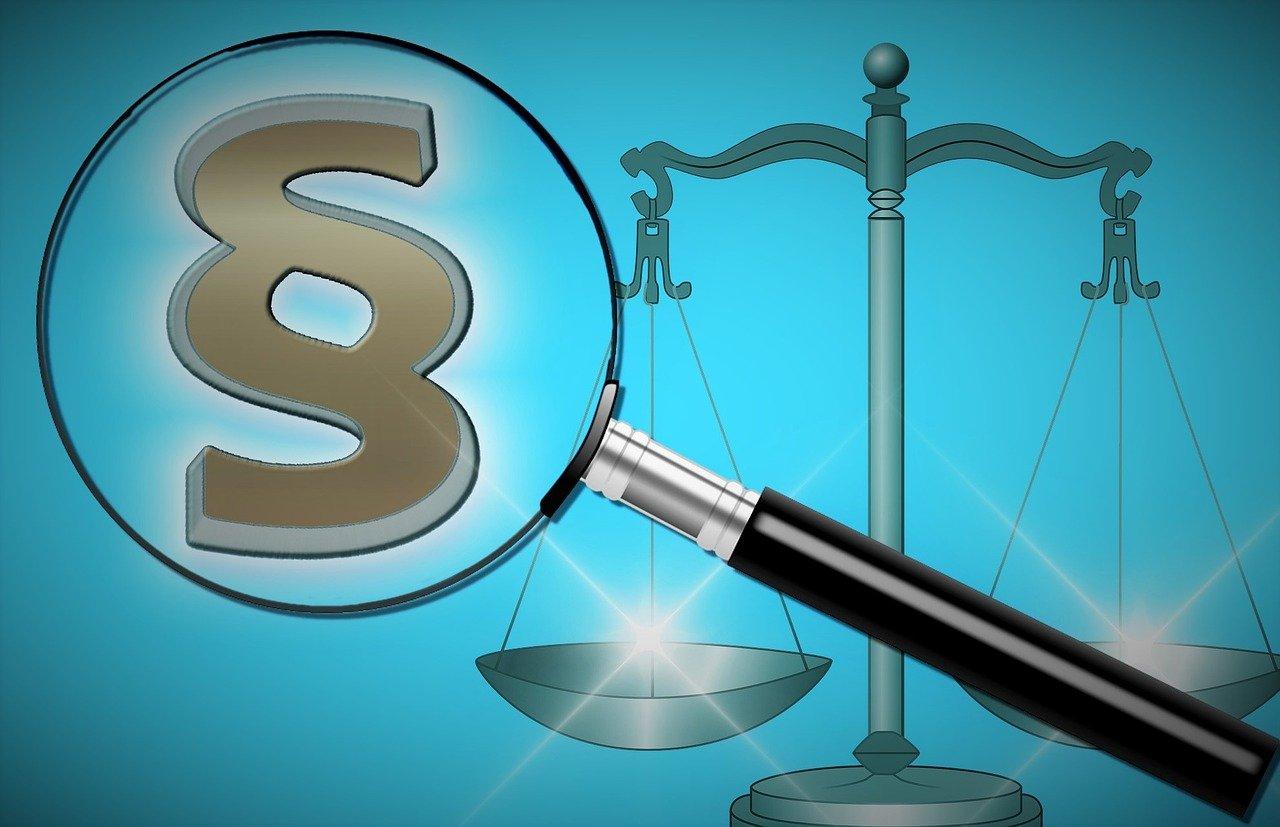
🔍 New EPO Guidelines 2025 – What You Need to Know, Part 6
Writer
